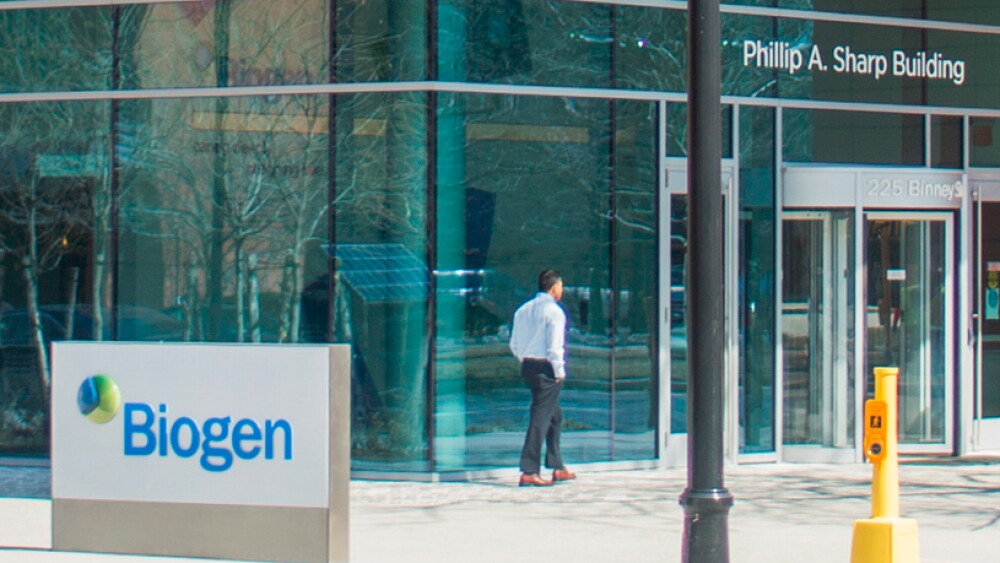June 20, 2016
By Alex Keown, BioSpace.com Breaking News Staff
RESEARCH TRIANGLE PARK, N.C. – The plan to shift some of its drug manufacturing work from Cambridge, Mass. to a North Carolina facility, will significantly increase the output at the site, but is not likely to result in a hiring increase, the Triangle Business Journal reported this morning.
A Biogen spokesperson told the Journal the 1,300 workers at the RTP site are capable of handling the increased manufacturing load due, in large part, to increases in manufacturing efficiencies the company has been undertaking.
“We have significantly improved the manufacturing productivity at our facilities over the past several years, enabling us to develop increased quantities of biologics with greater efficiency,” Jason Glashow, Biogen’s senior director of corporate communications, told the Journal in an email.
Last week, Biogen announced it planned to shut down a manufacturing site in Massachusetts as part of a manufacturing consolidation effort. The plant is used to manufacture multiple sclerosis and hemophilia drugs.
In May, the U.S. Food and Drug Administration approved the MS drug, Zinbryta, co-developed with Illinois-based AbbVie . Zinbryta was approved for the treatment of relapsing forms of multiple sclerosis. However, the drug comes with a boxed warning, the most serious warning label provided by the regulatory agency. The FDA recommends the drug be prescribed to patients who have had an “inadequate response to two or more MS drugs” due to safety concerns.
Although Zinbryta was approved, albeit with the warning label, Biogen also has seen several experimental MS treatments fail, including the recent Phase II multiple-sclerosis drug that failed to meet clinical trial endpoints, causing the company’s stock to tailspin, dropping more than $30 per share in one day—a one-day market value loss of about $8 billion. The company’s opicinumab (anti-LINGO-1), an investigational, fully human monoclonal antibody, was a product that Biogen hoped would actually repair the nerve damage due to multiple sclerosis. However, the Phase II SYNERGY study failed to hit the primary endpoint, a complex measure that evaluated improvement of physical function, cognitive function, and disability. The drug also failed to meet a secondary efficacy endpoint, looking at the slowing of disability of progression.
Biogen is looking to sublease the 66,000 square-foot site in Cambridge, which will put the fate of the 285 employees at the facility up in the air. Initially there was talk that some of those employees would be shifted to the North Carolina site, but that may have changed as the company examined the workload. The Cambridge plant being shut down currently makes the MS drugs Avonex and Plegridy, as well as the hemophilia A treatment Eloctate. The North Carolina site has a larger manufacturing capability that would allow Biogen to manufacture drugs for both commercial use as well as clinical trials.
Biogen said the streamlining of its manufacturing facilities is about increasing efficiency. Part of the increased efficiency for Biogen includes the plans to spin off its hemophilia business as an independent company. The as-of-yet unnamed company will be anchored by its two lead products, Eloctate and Alprolix, which is used for the treatment of hemophilia B.





